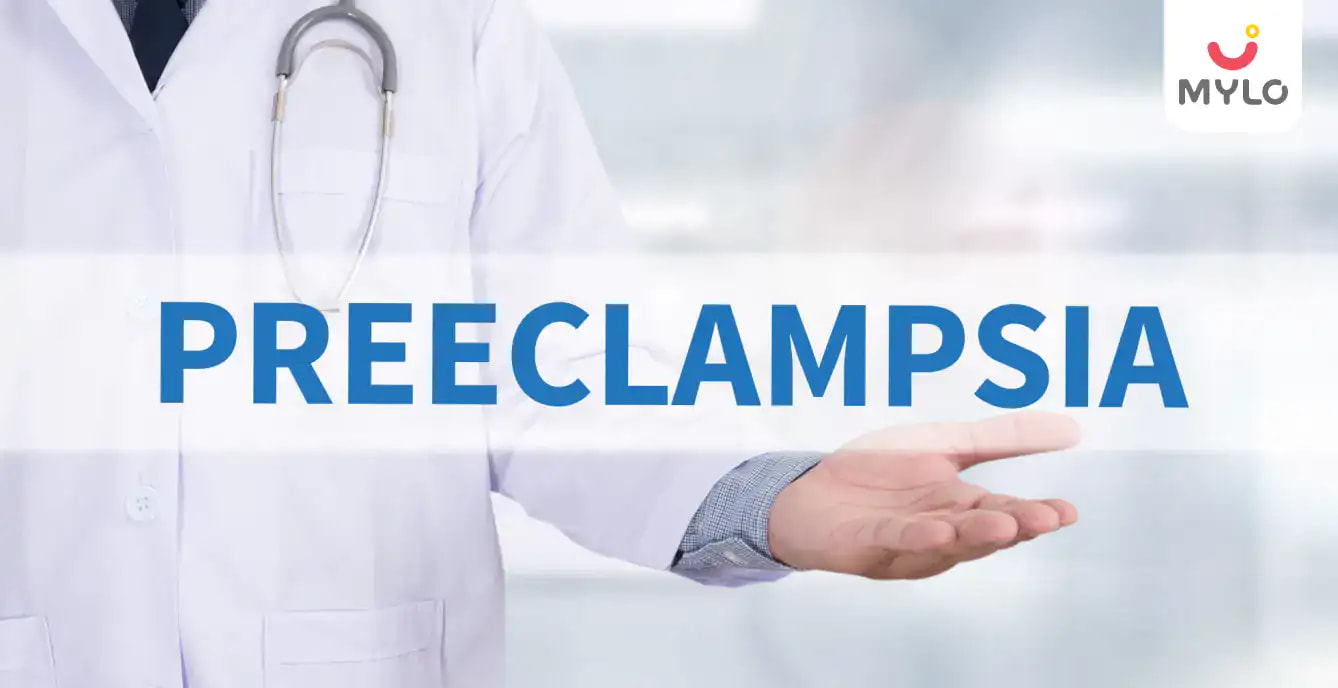Home

Periods

Premenstrual Syndrome (PMS): Causes, Symptoms & Treatment
In this Article

Periods
Premenstrual Syndrome (PMS): Causes, Symptoms & Treatment
Updated on 3 April 2023
A woman experiences a slew of symptoms in the days or weeks leading up to her period which are collectively known as Premenstrual Syndrome (PMS). Most women experience PMS at some point in their life and it can even affect their daily life. In this article, we will learn what is PMS, the common symptoms, its causes and their treatment.
What is Premenstrual Syndrome (PMS)?
Premenstrual syndrome is a combination of physical and emotional symptoms that a woman may experience before her period arrives. PMS symptoms can range from emotions like irritability and depression to physical symptoms like bloating or breast pain. These symptoms tend to arrive 1-2 weeks before your period and return around the same time each month.
How Common is PMS?
Having one or a few PMS symptoms is extremely common but clinically significant pre menstruation syndrome occurs in only 3-8 per cent of menstruating women.
Symptoms of Premenstrual Syndrome
Every woman’s symptoms tend to differ and may even vary from month to month. The most common PMS symptoms include:
- Mood swings
- Feeling anxious, upset or irritable
- Fatigue or trouble sleeping
- Bloating or stomach ache
- Breast tenderness
- Headache
- Changes in appetite and sex drive
- Spotty skin
- Greasy hair
You may also like: What Helps in Improving Mental Health of Women
Causes of PMS
It isn’t fully understood why some women experience pre menstruation syndrome. However, it’s possible that the hormone changes during the menstrual cycle cause some women to experience PMS symptoms. Symptoms usually arise after ovulation, when the ovaries release an egg and hormones estrogen and progesterone tend to dip around this time. Symptoms may even go away after the period as the hormone levels start to rise again.
Do's and Don'ts in PMS
Here are some do’s and don’ts you can follow to manage pre menstruation syndrome and its symptoms:
-
Exercise regularly
-
Consume a healthy, balanced diet and try to eat smaller, frequent meals rather than eating 3 large meals a day
-
Try to sleep for 7 to 8 hours a day
-
Aim to reduce your stress by trying yoga or meditation
-
Take painkillers such as paracetamol or ibuprofen to help ease the pain
-
Track your symptoms for at least 2-3 menstrual cycles and discuss them with a doctor
-
Do not smoke or drink too much alcohol
You may also like: Top 10 Health Issues Related To Women
Relation Between PMS and Premenstrual Exacerbation (PME)
Pre menstruation syndrome also shares symptoms with some other conditions, which may exacerbate before or around your period. These conditions include:
1. Depression and anxiety
Feelings of sadness, irritability and isolation along with mood swings may get more intense around your period.
2. Myalgic encephalomyelitis or chronic fatigue syndrome
Fatigue along with joint and muscle pain can worsen in the days and weeks before your period. You are also likely to experience heavy menstrual bleeding or go through menopause early with ME or CFS.
2. Irritable bowel syndrome
Symptoms of irritable bowel syndrome like gas, bloating and cramps can intensify alongside PMS.
A doctor can help you identify whether the symptoms you experience are signs of PMS or if you have a condition that exacerbates when you’re about to have your period. A diagnosis is important to rule out conditions that share symptoms with PMS.
Treatment for Premenstrual Syndrome
Unfortunately, there isn’t a cure for pre menstruation syndrome but its symptoms gradually go away as you experience menopause. Until then, there are plenty of things you can do to manage your PMS symptoms.
1. Medications
There are certain OTC and prescribed medications that can help you manage PMS symptoms.
-
Nonsteroidal anti-inflammatory drugs (NSAIDs) such as ibuprofen, naproxen sodium and aspirin can help relieve breast pain and menstrual cramps if you take them before or during your periods.
-
Some hormonal birth control methods such as pills, patches or rings may also prevent physical symptoms like pain and tenderness.
-
Selective anti-depressant and anti-anxiety medicines can also treat mood-related issues.
-
Certain diuretics can provide relief with bloating and breast tenderness.
2. Lifestyle changes
Making some small changes to your lifestyle can help reduce pain and combat mood-related PMS symptoms
-
Exercising regularly for 30 minutes each day can boost your mood, reduce stress and maintain your general well-being.
-
Consume a healthy and balanced diet and limit salty, oily and sugary foods along with caffeinated and alcoholic beverages.
-
Eating smaller, frequent meals rather than eating 3 large meals a day.
-
Regulate your sleep cycle and try to get at least 7-8 hours of sleep every day.
-
Practice yoga, meditation and mindfulness to reduce stress, irritability and sadness.
3. Vitamins, minerals and supplements
It’s possible that consuming certain vitamins, minerals and supplements such as calcium, magnesium, vitamin B6, omega 3 and omega 6 and herbal supplements may help you with pre menstruation syndrome.
You may also like: Screening Tests Every Woman Should Get Done
FAQs
1. When do premenstrual symptoms start?
PMS symptoms can start a few days or weeks before your period arrives.
2. Does premenstrual syndrome mean your period is coming?
Yes, it is a combination of emotional and physical symptoms that occur when your period is approaching.
3. What age do PMS symptoms start?
These symptoms can show up any time between puberty to menopause but late 20s to early 30s are the most common age for premenstrual syndrome to start.



Written by
Sanju Rathi
A Postgraduate in English Literature and a professional diploma holder in Interior Design and Display, Sanju started her career as English TGT. Always interested in writing, shetook to freelance writing to pursue her passion side by side. As a content specialist, She is actively producing and providing content in every possible niche.
Read MoreGet baby's diet chart, and growth tips

Related Articles
Related Questions
Influenza and boostrix injection kisiko laga hai kya 8 month pregnancy me and q lagta hai ye plz reply me

Hai.... My last period was in feb 24. I tested in 40 th day morning 3:30 .. That is faint line .. I conculed mylo thz app also.... And I asked tha dr wait for 3 to 5 days ... Im also waiting ... Then I test today 4:15 test is sooooo faint ... And I feel in ma body no pregnancy symptoms. What can I do .

Baby kicks KB Marta hai Plz tell mi

PCOD kya hota hai

How to detect pcos

RECENTLY PUBLISHED ARTICLES
our most recent articles
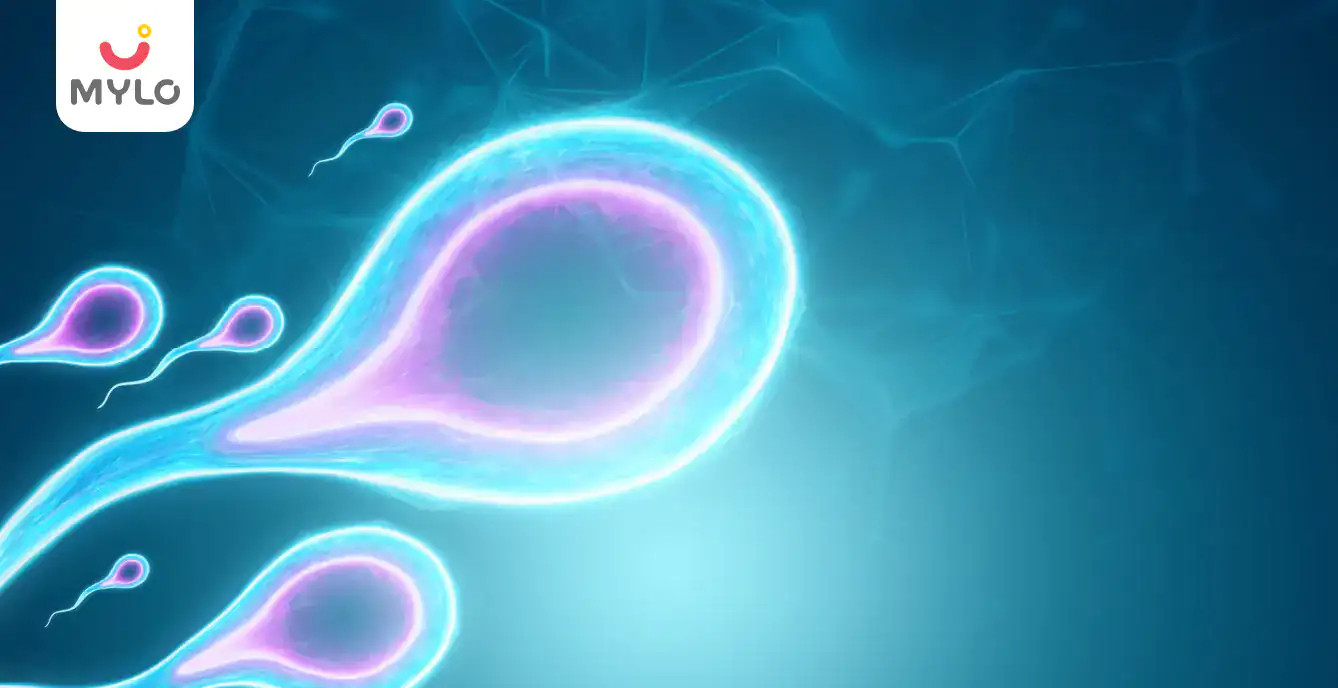
Male Infertility
Are You Aware of These Common Male Infertility Problems? What Are the Signs, Symptoms & Causes of It?
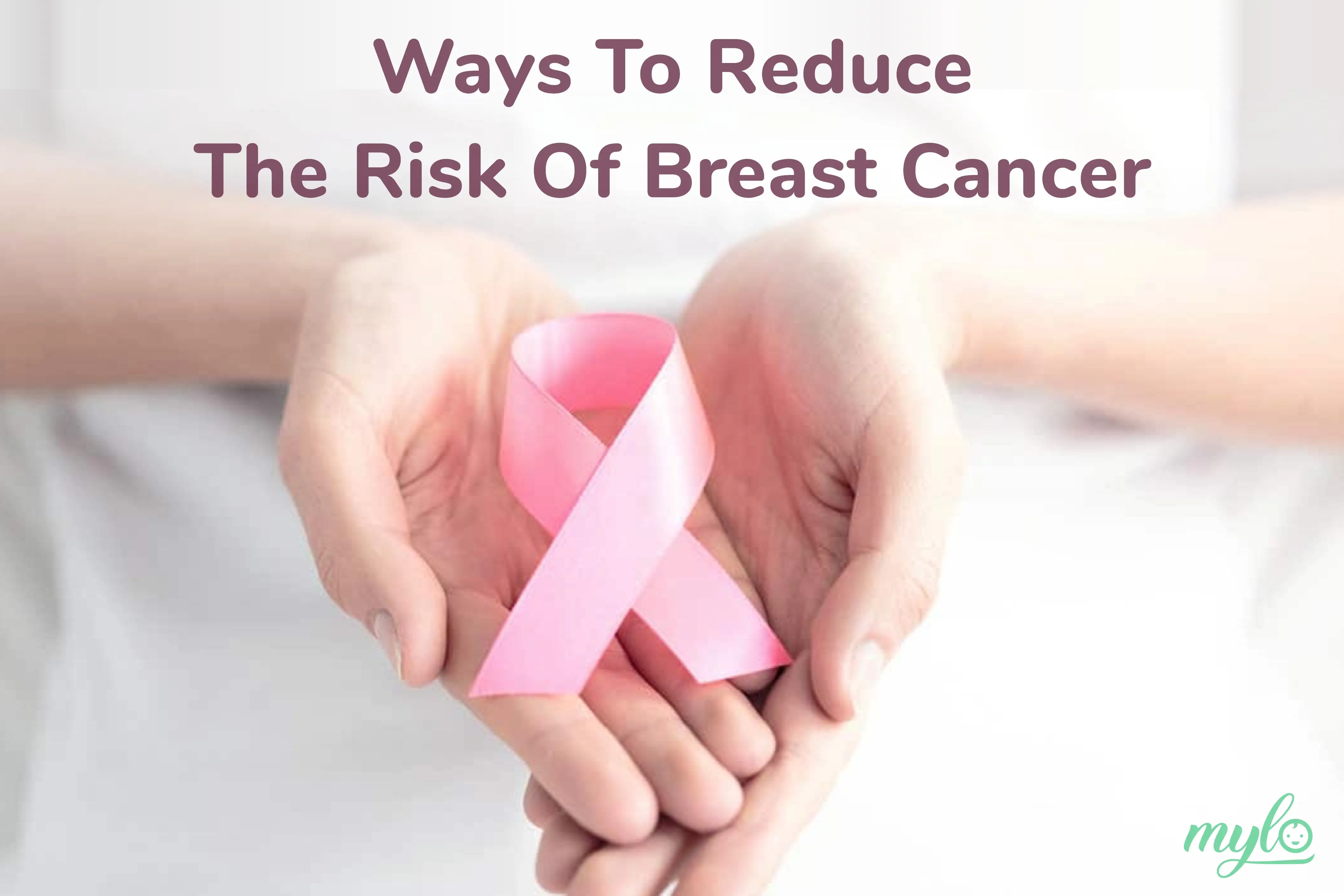
Breast Lump
Top 10 Tips to Prevent Breast Cancer
Insomnia
What causes Insomnia (lack of sleep) during early pregnancy?
What is the reason behind Depression amongst few Expected Mothers?
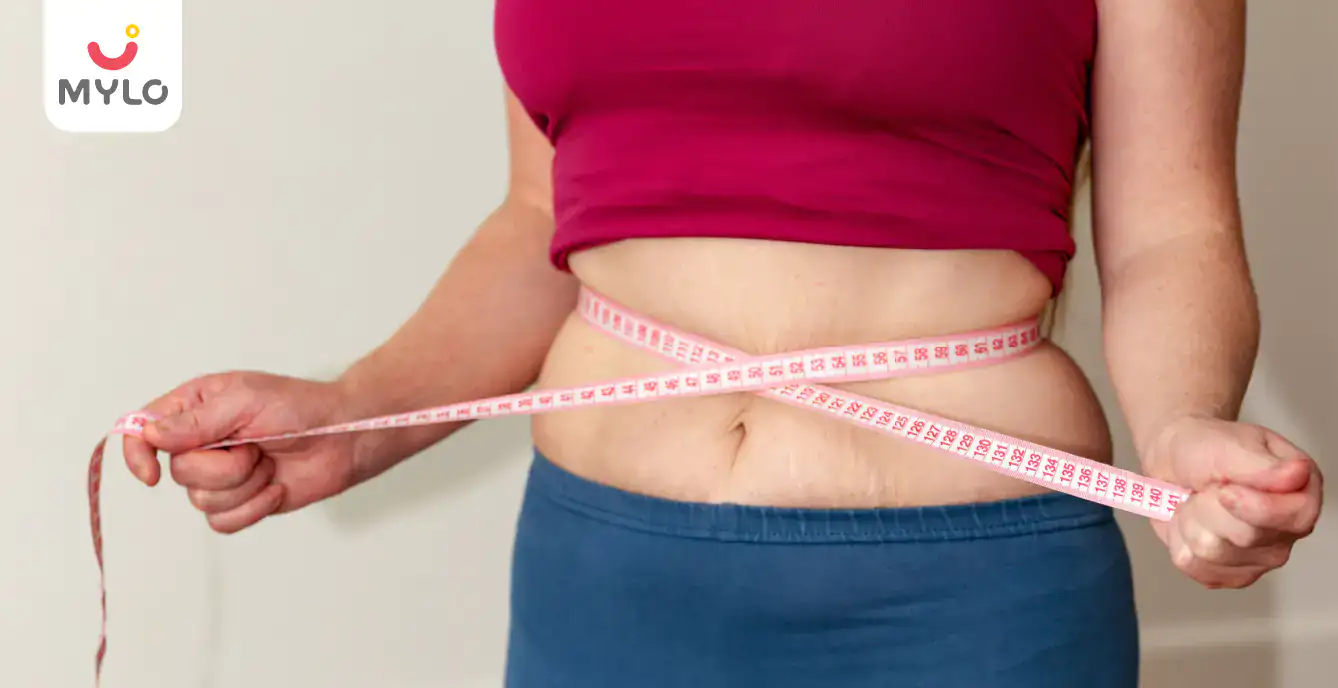
Exercise & Fitness
Effective Post Pregnancy Weight Loss Exercises to Get Back in Shape
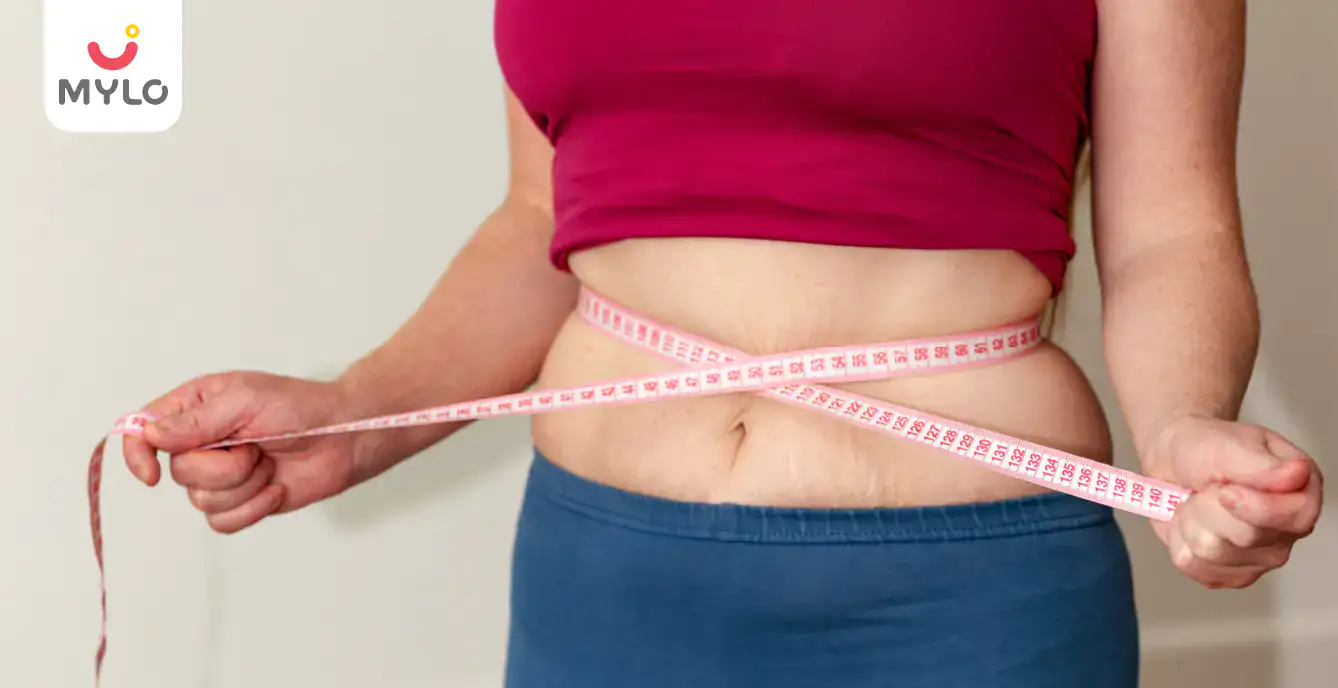
Weight Loss
Dieting Postpartum: 7 Safe Ways to Lose Baby Weight After Pregnancy
- Cranberry Juice For Urine Infection Myths & Tips
- Dengue During Pregnancy: Causes, Symptoms, Risks & Treatment
- Heat Rash in Babies: Symptoms, Risks & Treatments
- Amniocentesis: Meaning, Risks & Results
- Umbilical Cord: Risks, Benefits & Recovery
- Stretch Marks Removal: Tips & Remedies
- How Can Dads Calm A Fussy Toddler
- How to prepare your older child for a new baby
- 5 Financial Moves You Must Make Before Your Baby Arrives
- Daddy-Baby bonding from Pregnancy to Childbirth: Top 7 tips for you
- How to prepare your child for pre-school
- I am pregnant, can I still breastfeed my toddler?
- My toddler has bad breath. what should I do?
- When will my toddler learn how to scribble or draw?


AWARDS AND RECOGNITION

Mylo wins Forbes D2C Disruptor award

Mylo wins The Economic Times Promising Brands 2022
AS SEEN IN

- Mylo Care: Effective and science-backed personal care and wellness solutions for a joyful you.
- Mylo Baby: Science-backed, gentle and effective personal care & hygiene range for your little one.
- Mylo Community: Trusted and empathetic community of 10mn+ parents and experts.
Product Categories
Baby Carrier | Baby Soap | Baby Wipes | Stretch Marks Cream | Baby Cream | Baby Shampoo | Baby Massage Oil | Baby Hair Oil | Stretch Marks Oil | Baby Body Wash | Baby Powder | Baby Lotion | Diaper Rash Cream | Newborn Diapers | Teether | Baby Kajal | Baby Diapers Pants | Cloth Diapers | Laundry Detergent | Lactation Granules |





